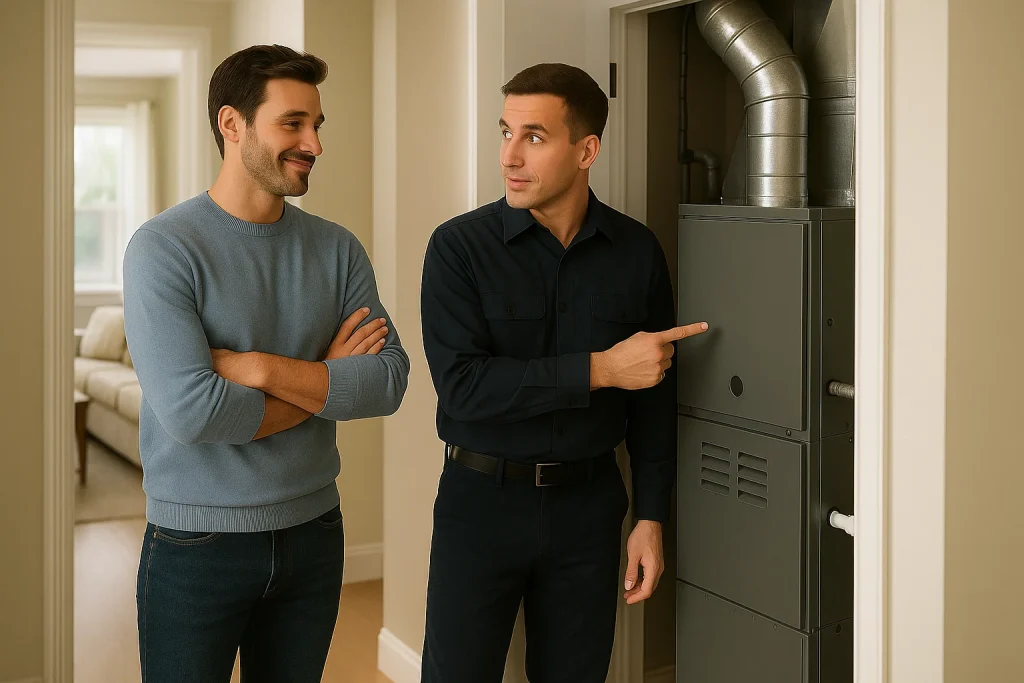As winter approaches, ensuring your home stays warm and comfortable becomes a top priority. If your heater is struggling to keep up or racking up high energy bills, it might be time to consider an upgrade. Choosing the right heater can make all the difference in keeping your home cozy and energy-efficient during the cold months. This guide will help you understand when it’s time to replace your heater and how to select the best option for your needs.

Signs Your Heater Needs an Upgrade
How do you know if your heater is ready for retirement? Several telltale signs indicate it’s time for a replacement. If your heater is over 15 years old, it’s likely operating below modern efficiency standards. Older units often work harder to produce less heat, leading to uneven temperatures and higher utility costs. Frequent repairs are another red flag—spending money on constant fixes can add up quickly, making a new heater a more cost-effective choice. Additionally, if you notice strange noises, inconsistent heating, or poor indoor air quality, your system may be struggling to perform.
Upgrading to a modern heater can address these issues, offering improved performance, energy savings, and peace of mind. Newer models are designed to meet stricter efficiency standards, helping you stay warm without breaking the bank.
Factors to Consider When Choosing a New Heater
Selecting the right heater involves evaluating several key factors to ensure it meets your home’s needs. Here are some important considerations:
Energy Efficiency
Look for heaters with high Annual Fuel Utilization Efficiency (AFUE) ratings, which measure how efficiently a unit converts fuel into heat. A heater with an AFUE of 90% or higher can significantly reduce energy waste, keeping your home warm while lowering utility bills. Energy Star-certified models are a great choice for maximizing efficiency.
Heating Capacity
Choosing a heater with the right capacity is crucial. A unit that’s too small won’t adequately heat your home, while an oversized one can cycle on and off frequently, wasting energy. A professional can perform a load calculation to determine the appropriate size for your space, ensuring optimal performance.
Fuel Type
Heaters come in various fuel types, including natural gas and electric. Gas furnaces are popular for their efficiency and quick heating, while electric models may be better suited for smaller spaces or milder climates. Consider the availability and cost of fuel in your area when making your decision.
Advanced Features
Modern heaters offer features like variable-speed blowers, smart thermostats, and zoned heating systems. These technologies allow for precise temperature control, improved comfort, and additional energy savings. For example, a smart thermostat lets you adjust settings remotely, ensuring your home is warm when you need it most.
Why Upgrade Before Winter?
Investing in a new heater before winter hits can prevent unexpected breakdowns during the coldest months. A new system provides reliable warmth, better air quality, and lower energy costs, making your home a cozy retreat. Plus, upgrading now means you can avoid the rush and potential scheduling delays as demand for heating services peaks.
Ready to upgrade your heater? Contact Comfort Flow Heating for expert guidance and professional installation. Our team is here to help you choose the perfect system for your home, ensuring warmth and comfort all winter long.
